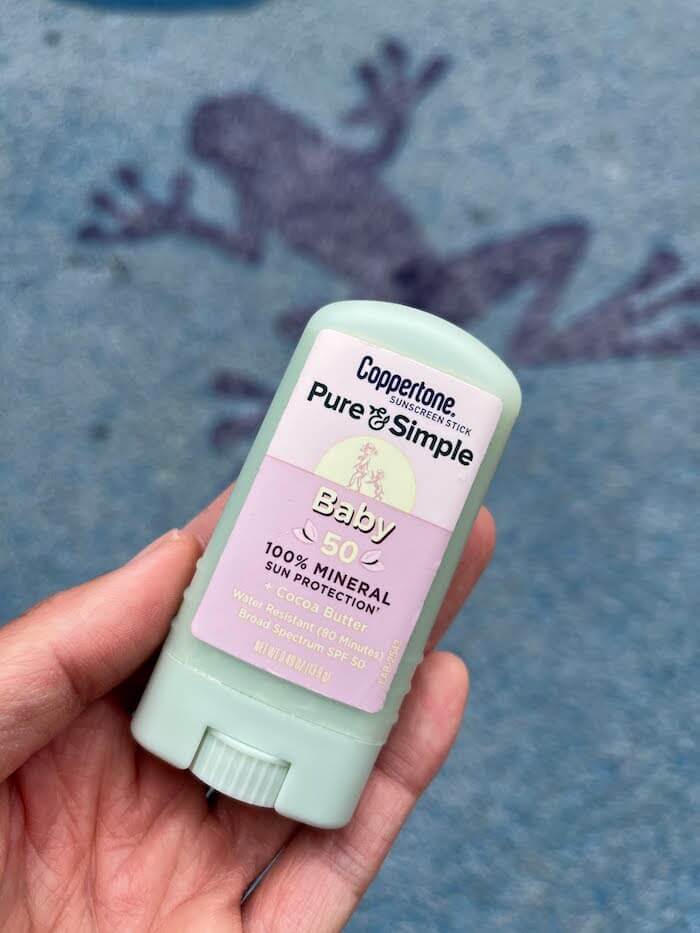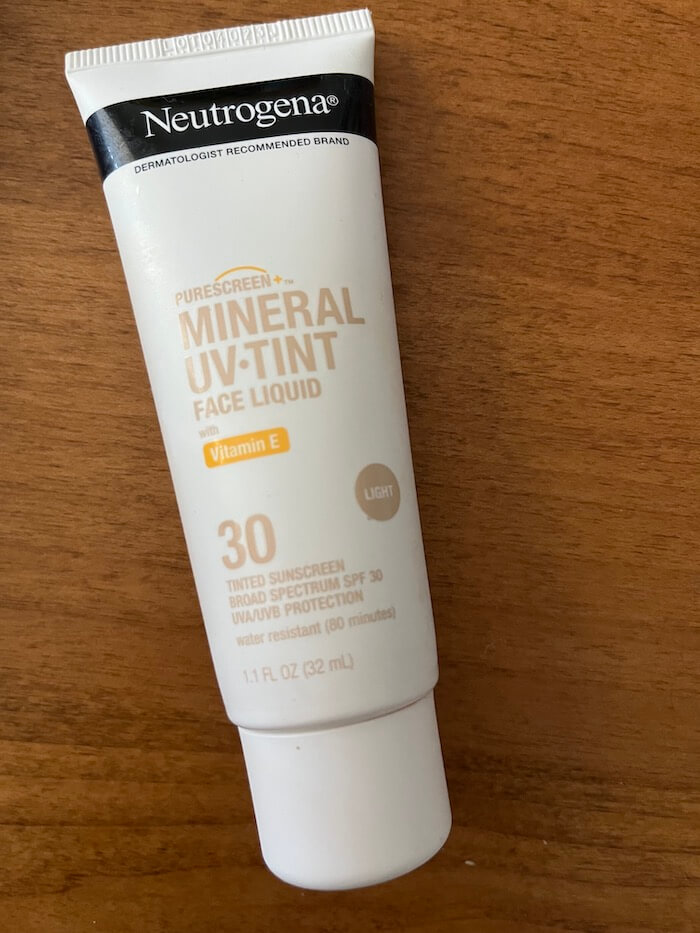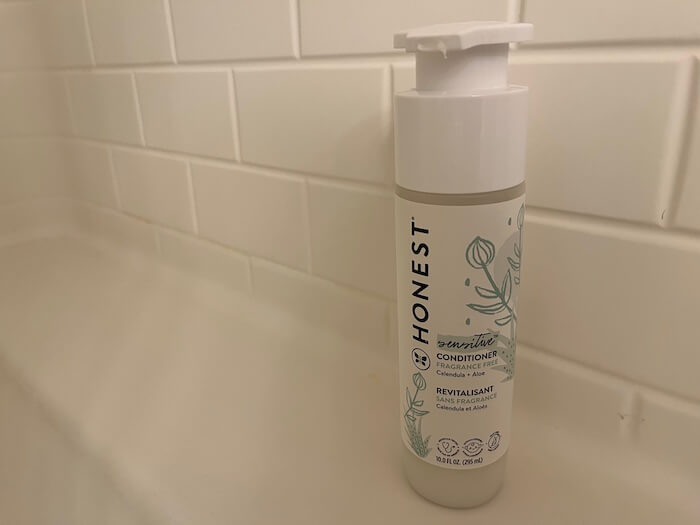Why don't more companies share their SPF testing results with consumers?
At least two companies share their SPF testing reports—EltaMD and Supergoop—but why don't more of their peers do the same?
Sunscreen is a mysterious topic, riddled with lots of cryptic acronyms…SPF, UVA, UVB, WTF? Plus, it’s gotten kind of a bad rap. Consumer Reports released a controversial study that found that many SPF claims did not hold up against independent, third-party testing. No wonder many people don’t bother to wear sunscreen—the labels are confusing, it’s expensive, it turns your skin white, it smells, and it might not even work.
SPF lab reports exist, but many companies don’t share them
The FDA requires manufacturers to provide clinical data to back up the SPF claims they put on their labels. But as consumers, we have no way to verify the validity of these claims, and no information about the testing conditions or the types of individuals who made up the testing panel.
Case in point…I recently asked Australian Gold to share its lab results with me, and they gave me the brushoff:
I was kind of disappointed in this response—how hard would it be to share some of the methodology that went into verifying their SPF claims? They’re already conducting testing…why not share that data with the people who are buying their products?
I don’t want to make Australian Gold sound like a scapegoat here—in reality, it’s just one of many companies that don’t provide transparency into their SPF lab results. But maybe that will come to change if more consumers continue to speak up and ask questions about the products they buy.
EltaMD and Supergoop!: pioneers in the world of sunscreen?
After doing a bit of research, I found out that at least two companies share their SPF lab reports online: Supergoop! and EltaMD. Supergoop!’s website is actually really lovely and effective. And they make it really easy to find SPF testing data about each and every one of their products. Of course, it helps that this company specializes in suncare products. But I wish all companies would do the same thing.
I’ve heard good things about EltaMD before, but I’ve never actually tried any of their products. Now I’m actually more inclined to give them a go since they actually share their SPF determination reports with the public. And these reports don’t seem like a marketing ploy—they look like actual scanned copies of paper reports. They’re even laid out crookedly, like whoever scanned the document didn’t line it up correctly. But I think that actually makes me more inclined to believe that they’re for real.
Interesting insights from one of EltaMD’s UV SPF determination reports
Here’s a link to the report for EltaMD UV Physical Broad Spectrum SPF 41. We can see details like how many people were tested (10, the minimum number required by the FDA), and other information about the test subjects (including gender, race, age range).
The subjects were tested using a 150-watt Xenon Arc Solar Simulator, which was combined with a dichroic mirror and filter to replicate something similar to the sun’s UVA-UVB spectrum. As a control for the experiment, they use 7% padimate O + 3% oxybenzone, even if the sunscreen they’re testing against is a physical sunscreen, as in the case of EltaMD UV Physical Broad Spectrum SPF 41. I think this is the industry standard (see the answer to question 7 on this FDA FAQs page): “21 CFR 201.327(i)(2) requires the use of a 7-percent padimate O and 3-percent oxybenzone sunscreen standard formulation in the SPF test.”
The document also walks through the process of testing the 40-minute water resistant claim. The conclusion was that this product “yielded the mean SPF values of 49.24 and 43.46 and the label’s SPF of 47 and 41 - so it delivers SPF 47 on dry skin, and SPF 41 on skin that was immersed in water for 40 minutes. The label only says SPF 41, so that means lab results can indicate that products deliver higher SPF efficacy than is stated on the label.
The questionable quality of SPF testing labs
As interesting as that report was, I can see why companies may be hesitant to share this information without being asked. I started Googling the name of the lab that EltaMD hired to verify its SPF claims (AMA Laboratories in New City, NY), and it seems that the lab may have run into some controversy involving the FBI in December 2017. I haven’t been able to find much information about this, but if it affects the validity of SPF test results, that would be rather unfortunate.
Supergoop! SPF efficacy
Like EltaMD, Supergoop! provides SPF efficacy reports for every product on their website. These reports are a bit less detailed than EltaMD’s—I wasn’t able to find out much information about the types of individuals who participated in the testing panel.
Some products, like Supergoop! Forever Young Hand Cream SPF 40, even used the same lab as EltaMD (AMA), but the Supergoop! SPF 40 CC Cream used a different lab: Suncare Research Laboratories in North Carolina. You can read the CC cream’s report here.
Side note: I think Supergoop! has one of the best websites out there. The product page shows a looping gif of a model actually applying the sunscreen to her face, which shows you exactly how nicely the product blends in. And their models appear to represent a range of skin tones, too, which is a nice surprise. Watch this—I promise you’ll be mesmerized.
TL;DR SPF is just a number
I wish more companies would be more transparent about sharing their SPF testing with the public. We could get a better sense of each company’s testing methodology, and we could get a little more peace of mind about the products we’re using every day. For now, it’s up to us (the consumers) to do our due diligence and find and invest in companies that actually provide the level of information that we deserve to know about our products. Hopefully that won’t be the case forever, and someday, sunscreen companies will need to provide real scientific data to back up their claims to consumers.




Share this post
RSS
Facebook
Reddit
Email